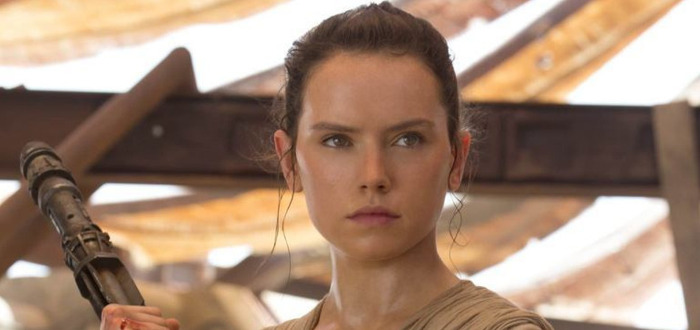
[SPOILER WARNING FOR STAR WARS: THE FORCE AWAKENS]
Throughout Star Wars: The Force Awakens, Daisy Ridley‘s Rey is ceaselessly portrayed to be both extremely competent and un-needing of others’ help. She’s skilled in combat, highly intuitive, an expert mechanic and someone who is basically an expert of her own world, speaking multiple languages and generally capable in any situation that’s thrown her way. She’s achieved this stage of survival expertise through having to do it on her own for, what we’re led to assume, most of her life, having been dumped on a desert planet and a young age and having to learn to exist there whatever way she can. In lieu of this, there has been a small but vocal outpouring of criticism at her character, claiming that she’s a ‘Mary Sue‘ and that and that her arc is a Star Wars “fan-fiction” with her being without flaws one of its greatest inherent weaknesses.
The term ‘Mary Sue’ is one well-trodden in pop culture and refers to when a creator constructs a character that is an intersection between wish fulfilment and one for whom the narrative seems constructed solely to highlight their strengths and ability to overcome. At least, that’s my own general interpretation of the term as a trope, the TV tropes page openly acknowledges that nailing down a hard definition of the device since its 1974 creation is basically impossible. The term comes from a satire of Star Trek fan-fiction that made fun of female characters being created to represent the author in the story, becoming romantically involved with one of the major male crew members and then die in an event that forever marked them as “too good for this sinful Earth” (you can read the original story here). However, there have been lots of instances found that originated before that time that also constitute as ‘Mary Sues’, but this is widely agreed to be the first time the term was explicitly used and pointed out.
Since then, the moniker has grown into a small school of criticism unto itself that analyses characters within a piece and reviews their qualities as individuals, as creations of the author and as members of the narrative being told. But, like all critical reflection that creates a summation of composite qualities and reduces narrative quality down to a series of ‘Yes/No’ boxes, its use is ultimately limited and, in this case, what might be a symptom of a larger problem.
On face value, Rey is easily labelled as a ‘Mary Sue’ – her abilities and actions do move the plot forward in more than one instance and she, when the movie requires it, does suddenly gain proficiency in an ability which otherwise seemed alien to her. But I’m reluctant to agree with the labelling because a) it makes no account for her actual personality and history and b) ditto for her relationship with Abrams and Lawrence Kasdan, the main screenplay writers, as their new central hero of the story.
For the entire first act, Rey is on Jakku, her desert planet home. When we meet her, she’s scavenging for parts in a destroyed Master Destory starship, one of many ruined vehicles that litter Jakku as remnants of the war that engulfed the original trilogy. The society there is one based on bartering to crooked merchants who seem to control the local food and water supply and Rey is just another part of that society. She trades old parts for scraps just like everybody else and her home there is a reflection of that, filled with oddities and pieces of scrap scavenged from the various antiqued vehicles that surround her. We learn later in the film that her life is not by choice, but was rather forced upon her as she was left there as a child to grow up a self-sufficient scavenger, waiting for her guardians to return for her as she was told. And though she carries around a staff-like weapon, outside of her ability to traverse terrain and generally keep a decent standard of living, her skills are pretty rudimentary for this portion of the film – she knows enough to keep herself alive in a place where nothing really cares about her existence.
The second half of the movie is where Rey’s skillset becomes tantamount to the story. During a daring escape, Rey is shown as an incidental but masterful pilot of the Millenium Falcon, before then demonstrating intimate knowledge of the ship that even helps save Han Solo’s life. She is later instrumental in defeating Kylo Ren, utilizing the Force to a powerful extent despite never having trained as a Jedi or a Sith in her life.
Rey’s character beats in the second half of the film are the most ‘Mary Sue’-esque. Her individual arc loses spotlight in favor of the overall movie narrative taking charge, so her actions lose some explicit context that makes them seem a touch clunkier in execution. But this is less of an issue with her character on paper and more an issue of the overall narrative structure itself. Her being able to pilot and engineer the Falcon so well is almost an in-joke in the film with the audience about discovering and piloting the Millenium Falcon and then running into Han Solo and Chewbacca – it’s basically every Star Wars fans’ dream. She exclaims joy at hearing it’s the actual Falcon and that she’s now interacting with the actual Han Solo who tells her all the mythology surrounding the war involving the Force and Jedi is all true.
What gets undermined during this exchange is that Rey has spent almost her entire life exploring the nooks and crannies of vehicles and starships from both the Rebel Alliance and the Empire. No doubt acquiring masses of disjointed information on the happenings of that war through incomplete data logs, she herself also talks off-handedly about being a pilot of small vehicles on Jakku. Coupling this information together, it isn’t a stretch to see a correlation in which she acquired extensive information on the Millenium Falcon, the Rebel ship that aided in the destruction of both Death Stars, through disjointed files found on Empire ships and that it provided enough information to her already efficient talents as a ground-level pilot for her to have a skeletal knowledge of the Falcon and how she operates.
Same with her using the Force – she’s heard the stories and when she finds out she can wield it and realizes her situation has mutated from her familiar life in waiting to one where “it’s true, all of it”, as Han puts it. She tests her abilities in a manner that downplays what we know about her in favour of making us smile at another echo of how we’re familiar with the Force, i.e. brushing off potentially harsh situations in a slightly comical manner.
The greatest theme of The Force Awakens is its reverential meta-textual worship of the original trilogy. It is a film obsessed in every way with pleasing fans and honoring the original trilogy while making sure that going forward this new set of movies is granting closure to those old characters while setting up new ones. But the problem is a lot of the new ideas in The Force Awakens are smothered by how much the story and design of the film is itself in direct worship of the classic Star Wars of old and, ultimately, this does effect Rey, and Finn and Poe’s overall character arcs. It’s obvious that JJ Abrams and Lawrence Kasdan both came at these new characters wanting to do something new and exciting for the Star Wars universe but they also wanted to play it safe with the large fandom that surrounds Star Wars. And, thanks to having an entire trilogy to work with, they decided they could do both over the course of the three movies.
The Force Awakens is a very safe film for its own large audience and no small part of that is the setup of character-depth but only teetering on meaningful exploration. Finn, Poe and Rey are all given interesting angles as characters and hints of intriguing back-stories but the part of all three has been created knowing there’s two more chapters to tell their story and to further them as a character. Unlike the original trilogy, in which each part was essentially constructed on the fly, The Force Awakens is part of a whole and the screenplay strongly reflects that. Rey’s only major moment of weakness in the film is her initial refusal to accept that she is a Jedi and that, by proxy, her life on Jakku is no more and so she runs off scared. Rey has already made it known that she wants to return to Jakku as she’s “been gone too long already”, waiting for her guardians to come get her. And, though her going to potentially train with Luke is the triumphant ending to the movie thus sidelining this aspect of her character, it’s very likely that her story in Episode VIII will explore her family history, thus addressing her being abandoned and dealing with that life vs. this one.
But the criticism being leveled at Rey and the flippant use of the term ‘Mary Sue’ isn’t really anything to do with the movie and more to do the attitudes surrounding the introduction of a character like Rey. As Furiosa did in Mad Max: Fury Road, her being both strong and female has likely raised tempers in some corners for “pandering” and whatever else the creation and insertion of women that do more than rely on men to save them is claimed to do. This particular debate, though, does raise the question of the validity of ‘Mary Sue’ as both a literary trope and as a strand of criticism. The term was first coined to satire wish-fulfillment in story creation – usually romantically, which is something Rey is thankfully completely alien from – and it has shifted from actually highlighting questionably written characters in popular media (see most of the criticism left on Stephen Moffat‘s front door for his writing on Doctor Who) to becoming a catch-all term for strong female characters that don’t have enough flaws.
There’s little said in the same vein for the over-75 years of Batman getting out of ridiculous situations by the skin of his teeth, Indiana Jones’ trilogy is lauded for the haphazard heroism at play – James Bond, Captain America, even Poe Dameron has received basically nothing for being a “hell of a pilot”. He survives Sith mental torture, escapes the First Order unscathed before surviving a crash landing and rendezvousing with the Resistance once again without a second word said in the story. The line between legitimately criticizing a poorly framed character and simply denigrating a strong one because they’re part of a conceited effort to increase diversity has, in this instance, been blurred. And the only real positive is that it has highlighted that perhaps some our critical lenses should be altered or, in this case, perhaps removed entirely as they’ve outgrown their purpose.
Going into Episode VIII, Rey is a force-wielding, lightsaber-toting independent woman who has survived her whole life without anyone much caring for her existence and she doesn’t need them to start now. If there’s any wish-fulfillment or author insertion gone into her character, it’s that both JJ Abrams and Lawrence Kasdan wish for there to be more women like her in our fantasy, and it’s one wish they’re making sure comes true.
Comment(4)
Comments are closed.
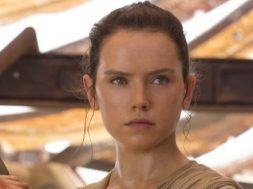

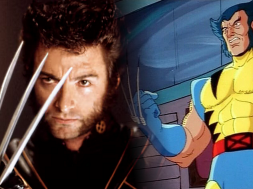

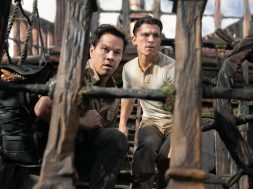
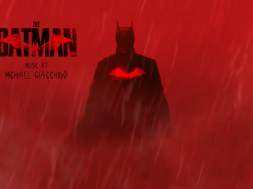

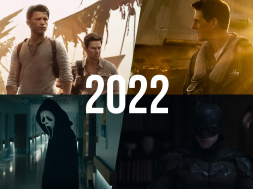
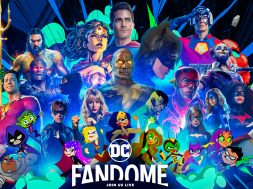
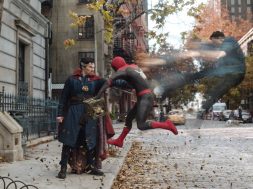
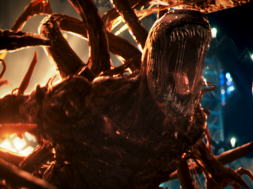
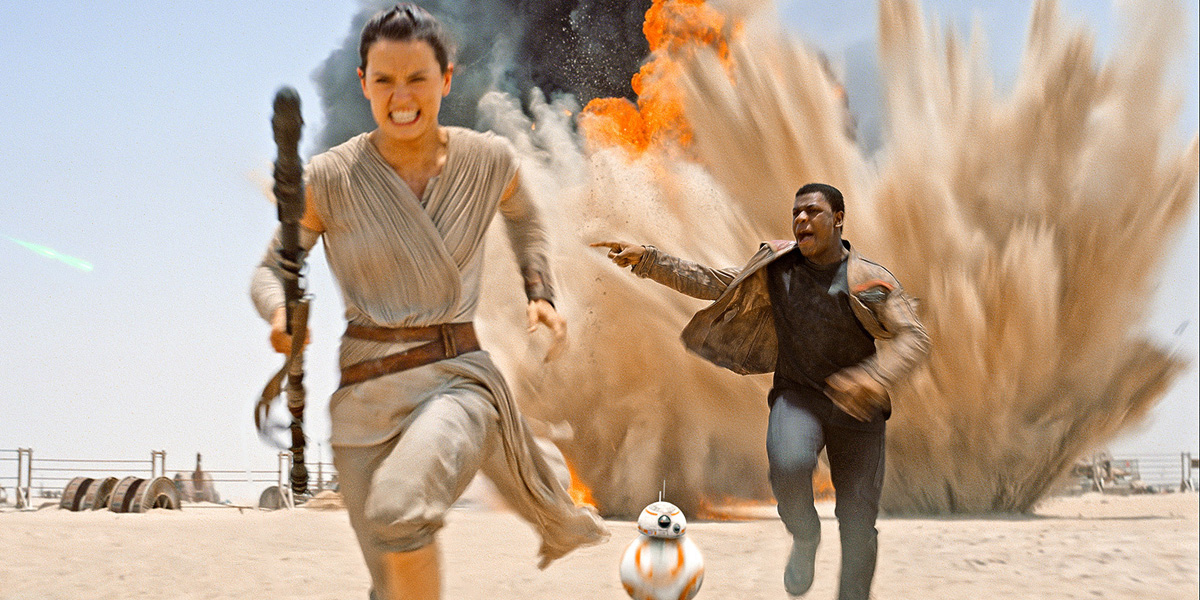
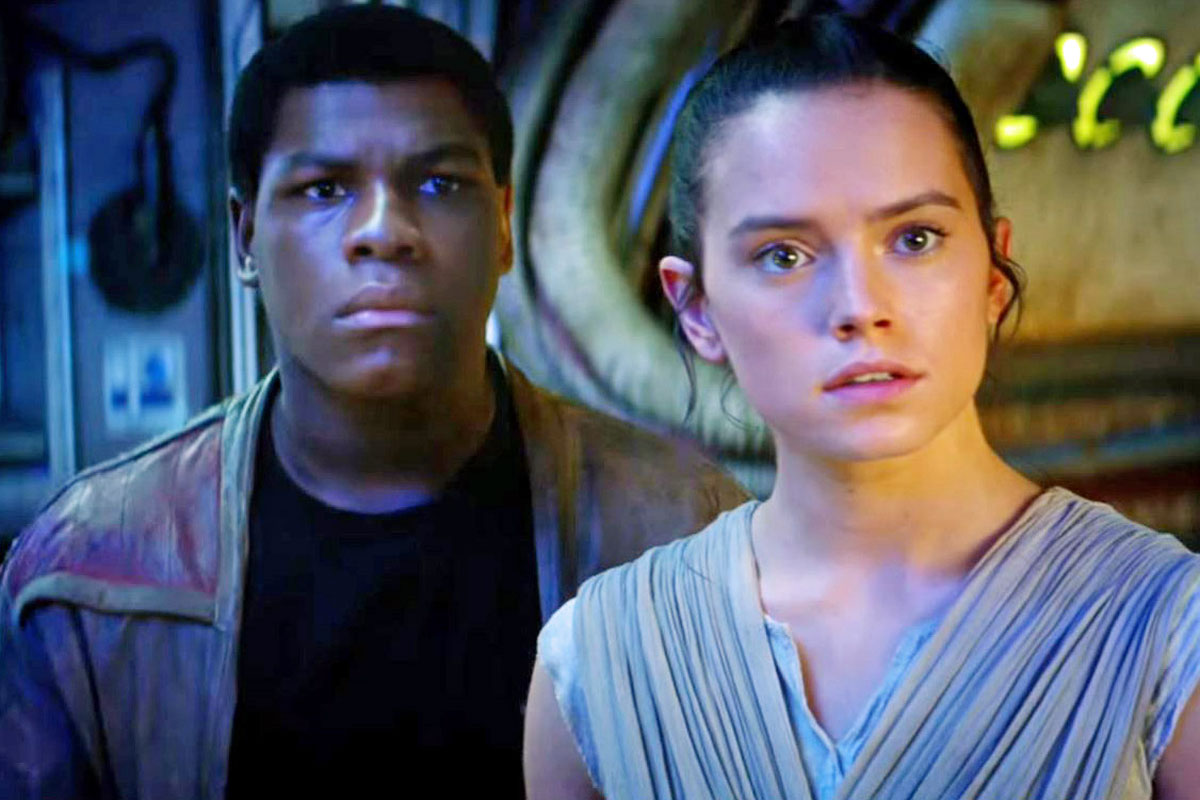
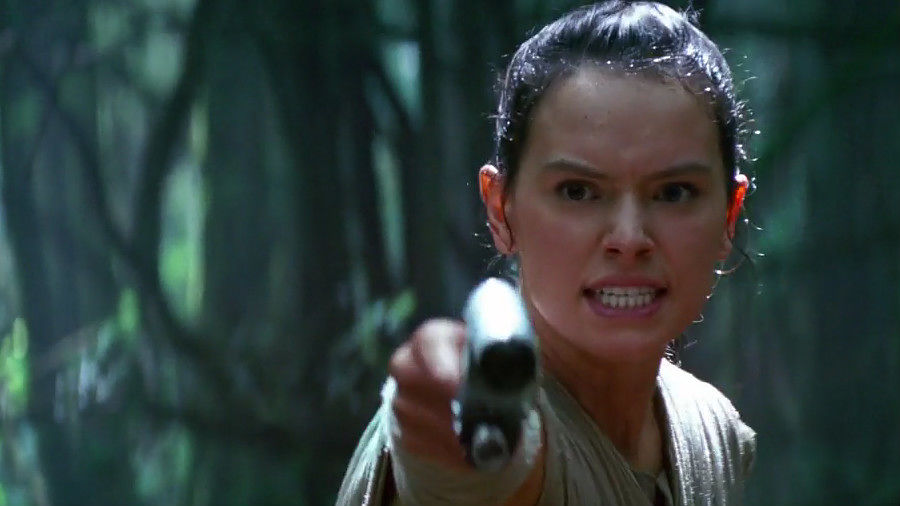
I have no problem with strong female characters at all, the more the better .My Problem is that Rey should not be able to Jedi mind a guy or beat a Sith apprentice without a single days worth of training. Even if that was a guy I would call bullshit on that. At least Captain America, Batman and James Bond have a bit of context that shows why they can do what they do. Batman is the worlds greatest detective , Po Dameron is “one hell of a Pilot”. Rey has one vision from the force and is suddenly really powerful it took Luke 3 movies before he was considered powerful .
I’m of two minds on Rey’s scenes with the Force. On the one hand, I agree entirely with this sentiment, she’s not trained with that school of power. But on the other, she exists in a world fresh from a big Jedi/Sith conflict and to her, the Force is a religious mythology that has all these recent stories to it that nobody can confirm until she meets Han. The film handles it badly, but I do buy the idea that she heard all these stories of the Force and when she learns she has it, she just tries to practice the stories she hears. Even one instance of her failing with the Force would’ve added a bit more weight to that idea, though. Like when she calles the lightsaber, if it landed behind her and she has to scurry to get it. Something to show she’s strong and can use it, but needs to learn to focus it more.
I think my problem with Rey wasn’t that I found her a bad character by any means, I just found her boring. Not to get me wrong, I like strong willed independent female characters(Furiosa is bae), but I like them to have a bit more to their character then being independent. Furiosa owned every minute of her screentime, yet she cared desperately for the girls she was protecting. All I got from Rey was shes lonely, a fan of the original trilogy lore and a bit stand-offish at times, all character traits that really don’t interest me all that much. Id agree with the fact that her doing everything perfectly is the same as how Poe is framed, I just liked Poe’s brash, cocky puckish rogue personality more. Hopefully she has more time to grow as a character in episode VIII, I just wanna see her having as much fun as Poe and Finn are having.
That’s a much more valid criticism of her than her being flawless, for sure. The movie doesn’t give her a lot of time to be interesting and I do hope her backstory in Episode VIII really brings out some cool aspects of her, Daisy Ridley very clearly got a great grip on the character and it’d be a shame for that to not have the frills Finn and Poe have.